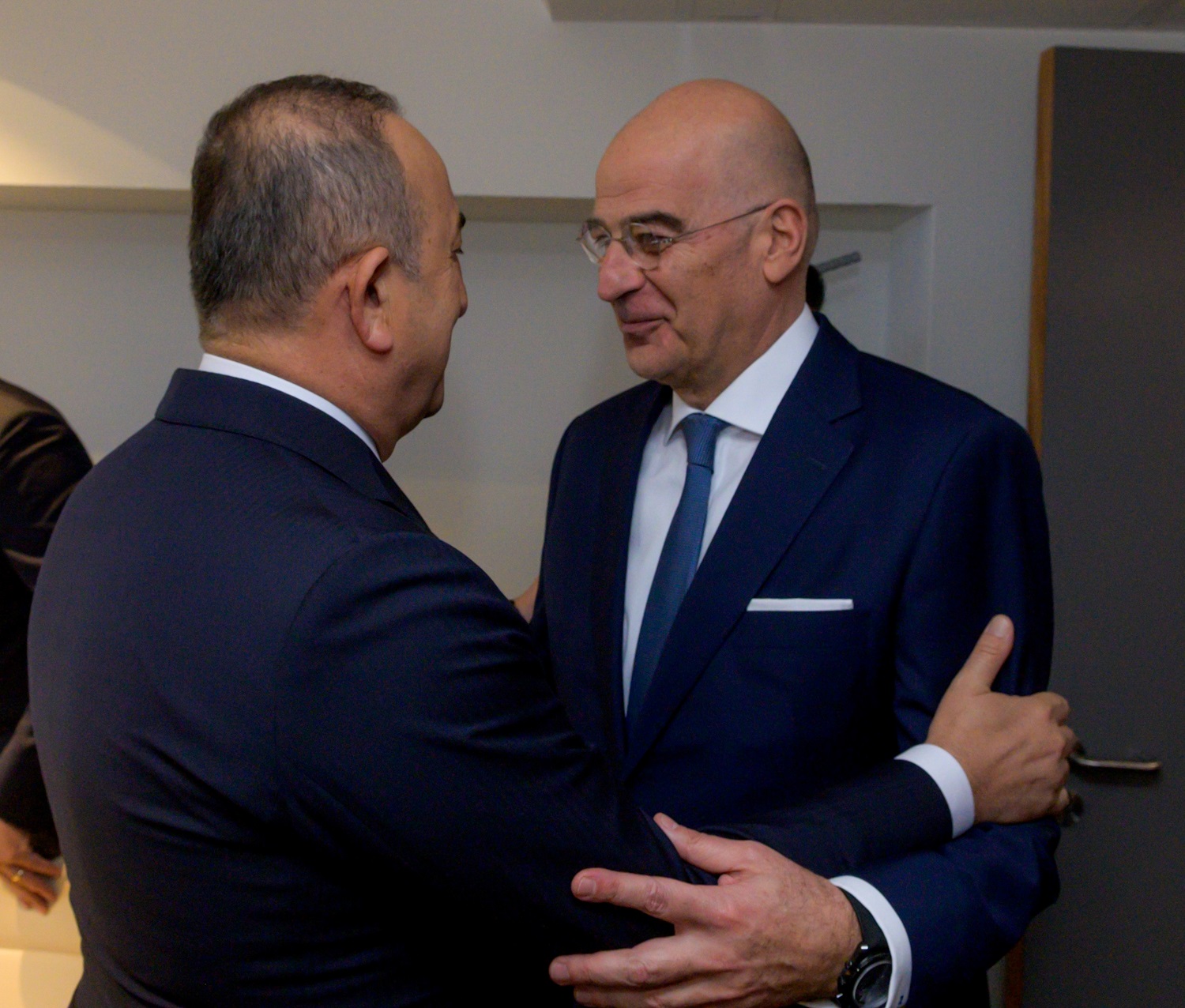
Pulled by the new circumstances and finding itself in a state of weakness, Turkey is trying, after the February earthquake, to cultivate an atmosphere of normalization in the Greek-Turkish language, with moves that may create impressions, such as the National Day speech on March 25, but it should not be overestimated. .
Of course, Athens also has every reason to respond to such initiatives, which are not reminiscent of the era of Erdogan’s threats that he would hit the Greek capital with a missile or that “night will come to the Greek islands,” but it is imperative. They made it clear, especially towards our partners, that the Turkish behavior so far is not sufficient to start any negotiations. Turkey’s firm stances towards Greece have not changed, respect for international law remains a demand and no major steps forward have been taken in relations between the two countries.
Although I am one of those who believe that normalization is in our interest, what has happened in the public sphere in recent months is more for the public and the first step we expect from Ankara is to prove that it means that “any turn” will be profound in dealing with the Greek-Turkish people. .
Once the de-escalation is consolidated and there is a definitive end to the overflights and violations, the second step should be soft diplomacy and confidence building measures which should also continue. Only then can we move on to the third step, which is to examine through exploratory communications whether it is possible to sit down at the table for a meaningful discussion. But since many in the public sphere are quick to consider the cessation of tension in the Aegean Sea as a prerequisite for the start of the Greek-Turkish dialogue, they should know that such a dialogue has many conditions, which are not currently met. who are they ;
- FirstlyFor Türkiye to accept that the discussion agenda cannot be comprehensive.
- secondlythat serious discussions do not take place under the case-of-war system.
- ThirdFor Ankara to agree to freeze the Turkish-Libyan agreement, which is an illegal agreement, something the Turks also know.
- fourththat the issue of demilitarization of the islands attached to its sovereignty will never reach The Hague.
Let’s be real. These are not conditions that Türkiye will accept before the debate begins. And we cannot expect him to abandon the “blue homeland” first, in order to start negotiations with Greece.
But what can be done is that some of what you mentioned preceded the negotiations and some were the result of the negotiations. This is why exploratory contacts are essential, not like the ones in 2021-2022, but this time, substantial.
- exploratory, which will determine whether we can reach an agenda, In the event that we do not agree, we nevertheless agree that we may go with a co-undertaking to The Hague.
- As far as we can agree on a schedule or we will discuss indefinitely.
- In what exchange will Türkiye have to discuss all this? I obviously don’t mean the gray areas, some rocky islands, any sovereignty or sovereign right. But for the compensation that will come mainly from Europe, but also from the United States, because of the earthquake. Turkey needs huge funds to implement its plans and repair the damage caused to its economy after the earthquake. The cost is estimated at $104 billion, according to Erdogan himself.
Some of these conditions should be set by Athens as a condition for starting negotiations and others should be our pursuit of the outcome of the negotiations. But above all, all of this must be included in a European-Turkish-American deal. A package that includes from the customs union and the liberalization of the visa regime to the money that will be given to Turkey to repair its damages.
Another temptation that Greece can offer Turkey is the Eastern Mediterranean Regional Conference with a simultaneous invitation, with conditions, to its participation in the Eastern Mediterranean Gas Forum.
In essence, I am referring to our own plan, in the form of a roadmap, which will incorporate all of the above. A road map drawn by Greece that will oblige us and Turkey, as well as the other parties (Berlin and Washington), to which Athens will be keen to provide whether Ankara has fulfilled the framework and conditions or not. of the meeting, and hence whether or not he had reason to hold it.
I am not optimistic that Türkiye will change its policy towards Greece. Its plans for the Aegean Sea are long-term, and they are not changed by the earthquake. But Athens must pressure Ankara, in order to see which of its claims it can add water to its wine.

“Hipster-friendly coffee fanatic. Subtly charming bacon advocate. Friend of animals everywhere.”





More Stories
F-16 crashes in Ukraine – pilot dies due to his own error
Namibia plans to kill more than 700 wild animals to feed starving population
Endurance test for EU-Turkey relations and Ankara with Greece and Cyprus